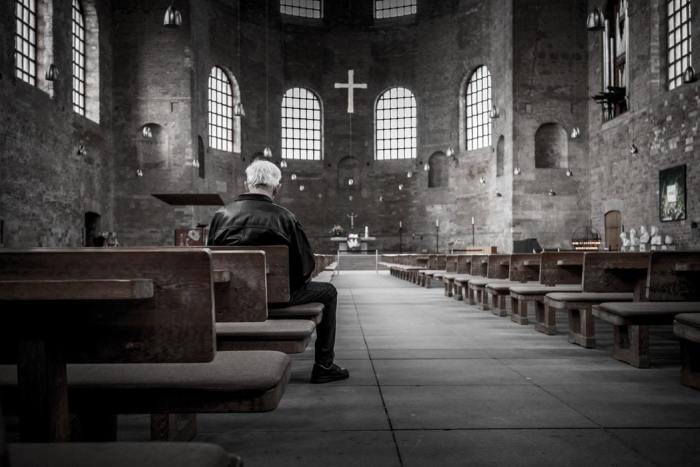The way you leave a church is more important than how you came in. Here's why.

As a layperson or a church staff member, it’s likely you’ve left a church at some point — or will leave a church in the future. When that happens, I hope you’ll remember the points of this post.
- People will remember how you leave. They’ll forget even the most miraculous works of God to bring you to the church if you leave in a negative way. Even a few weeks of negative can erase years of positive.
- Those who remain may be wounded if you leave poorly. Especially if they’ve loved and respected you, they may not understand why you’ve suddenly changed. Long-term friendships can be broken.
- Your family can be scarred by a bad ending. You might try to shield them from the pain, but few of us do that well when we’re wounded.
- Poor closures usually color future ministry opportunities. Once you’ve been hurt and carry wounds, you’ll always wonder if more wounds lie in the future.
- Division left by bad departures can destroy a congregation’s unity. This sometimes happens when departing members challenge others to take sides on the issues.
- Good departures make ministry a celebration. Rejoicing over victories is always better than battling over remaining disagreements.
- Healthy closure paves the way for the next leaders. One of the best ways to help the church’s next leader is to leave in joyful response to God’s calling – not in anger.
- Leaving well fosters long-term friendships. Moving to a different church doesn’t have to harm relationships if the departure is handled well.
- Good leavings promote Christian unity. Regardless of where we serve, we pray for and love other congregations when we’ve left well. Good memories promote harmony between churches.
- People will remember how you leave. So, I repeat #1 above, but with a different flavor. Leave in a positive way, and churches often forgive years of negative.
What would you add to this list?
This piece was originally published at Church Answers




























